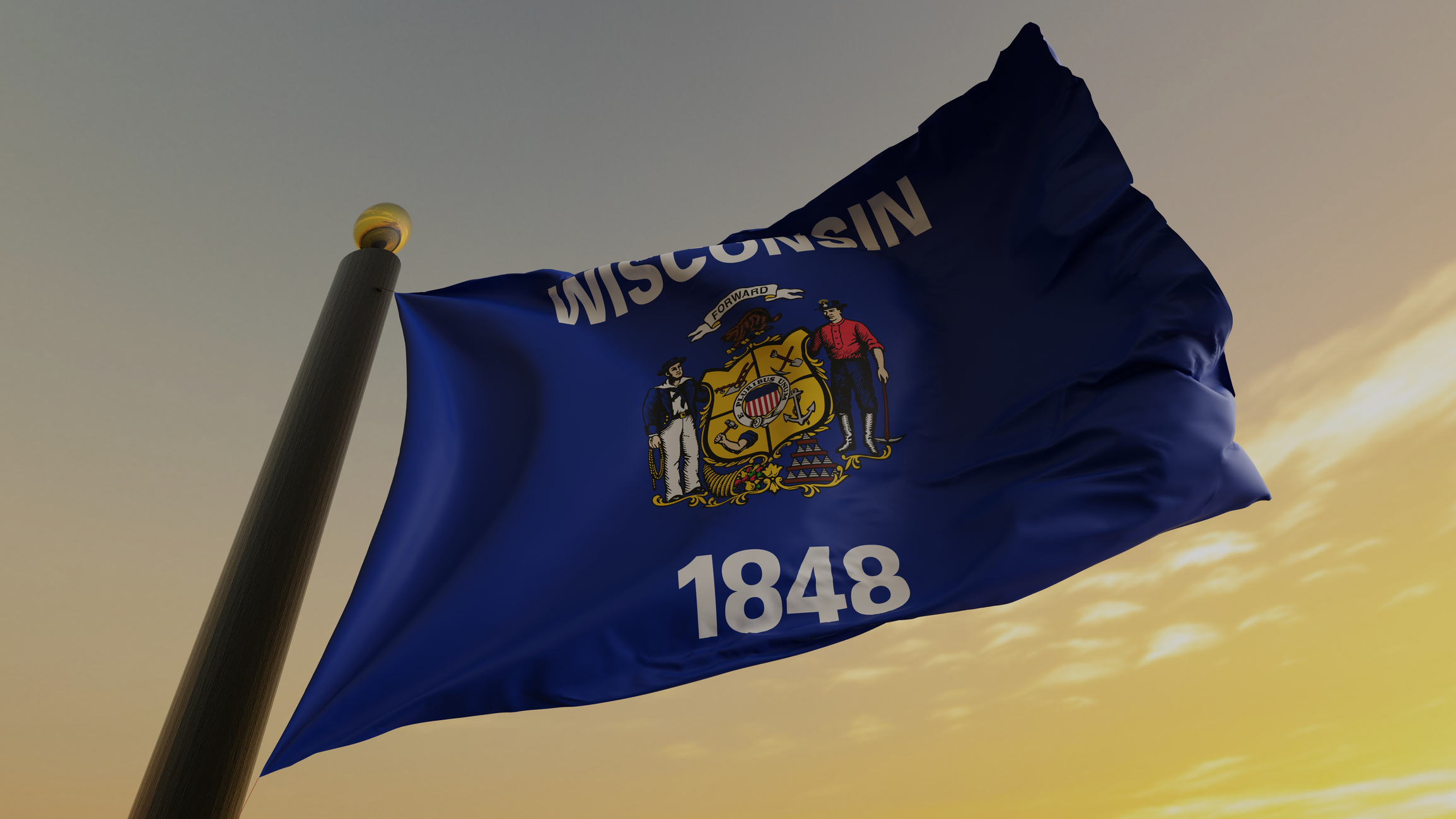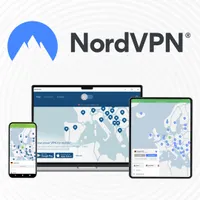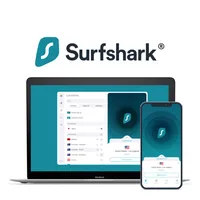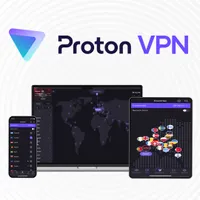Age verification laws could land in Wisconsin next – but these VPNs ensure your data remains protected for less
Maintain your online freedom (and privacy) with these discounted VPNs

Sign up for breaking news, reviews, opinion, top tech deals, and more.
You are now subscribed
Your newsletter sign-up was successful
The rollout of age verification laws is one of 2025’s biggest digital privacy stories — particularly in the United States and the United Kingdom.
The restrictions are in place to protect children from accessing "adult-only" sites, but privacy advocates have warned that handing out personal information to third parties to access sensitive content could create more problems than it solves.
To protect their data and digital privacy, people are increasingly turning to VPNs. Unsurprisingly, though, lawmakers in Wisconsin aren’t pleased about it and have drafted a bill (called Wisconsin AB 105/SB 130) that could make it illegal to use a VPN to access adult content.
The proposed legislation would require anyone attempting to access adult content via a VPN to disconnect and prove their age, effectively blocking access to the content in the meantime. However, it's not clear yet how this would work in practice.
For the time being, VPNs are still a great way to shore up your online security in Wisconsin. So we’ve rounded up the best VPNs with the best Black Friday VPN deals to help you stay secure for less.
NordVPN Basic: $2.99 per month – 73% off + 3 months free
NordVPN is the #1 VPN in our overall rankings. Plus, it has lots of servers close to Wisconsin (including Chicago, Illinois, and St. Louis, Missouri). A Basic plan comes in at $2.99 a month, and includes:
🌎 Servers in 21 US cities
🫣 Obfuscated servers (hides VPN traffic)
💻10 simultaneous connections
You'll also get access to Threat Protection Lite, a DNS-based ad and malicious URL blocker.
Surfshark Starter: $1.99 per month (was $2.19) + 3 months free
Surfshark is a close second to NordVPN in our rankings, and its Starter plan is especially great value for money during the Black Friday sales season. Wisconsin users can check our servers in nearby Chicago, Illinois, and Detroit, Michigan for fast, reliable connections.
🌎 Servers in 24 US cities
🫣 Camouflage Mode (hides VPN traffic)
💻Unlimited simultaneous connections
All Surfshark subscriptions come with Alternative ID, too, which generates an entirely new online persona you can use in lieu of your real details.
Proton VPN: Now only $2.49 per month (was $3.59)
Proton VPN's Black Friday deal has reduced its 2-year plan to just $2.49 a month, a 75% saving. Better yet, Proton VPN has a ton of servers around Wisconsin, with a particularly high concentration in New York, Chicago, and Philadelphia.
🌎 Servers in 17 US cities
🫣 Stealth protocol (hides VPN traffic)
💻10 simultaneous connections
Proton VPN is also a privacy-first provider that operates under strong Swiss data-protection laws, so you won't have to worry about mandatory retention.
Can I trust a VPN with my data?
If you’re wary of third-party data handlers, you might wonder what makes VPNs different. Can they be trusted with identifiable information?
As is often the case, it depends on the VPN. We only recommend secure VPNs and typically suggest sticking to paid providers.
Legitimate VPNs don’t keep logs of what you do online or store any data that could be traced back to you or used to build a profile of your activity.
The same can’t be said for unsafe VPNs. Often, they:
- Provide weak encryption, leaving data vulnerable to interception
- Don't invest in new, privacy-boosting tools
- Don't undergo third-party audits
- Flood apps with ads
- Potentially log, store, and sell user data to turn a profit
This is especially true of free VPNs (though there are a few secure exceptions). Running and managing a VPN service is costly, after all, and if users aren’t paying with a subscription, they’re often paying with their privacy (and data).
A recent report from Zimperium zLabs claimed that a huge portion of free Android and iOS VPNs are categorically untrustworthy. They were found to use outdated code and request an excessive amount of permissions.
Plus, back in April, the Tech Transparency Project (TTP) investigated the top 100 free VPN apps on the US App Store, revealing that millions of users had sent their data to China without realizing it.
Should I avoid free VPNs?
Still, despite their risky nature, free VPNs are always going to be a tempting option. A TechRadar survey conducted in May even confirmed that almost 1 in 4 readers still used free VPNs.
If you want to be certain that you’ve picked a VPN (free or paid) that you can trust with your data, here’s what it needs to have:
- Regular audits of its no-logs policy
- A privacy policy that’s easy to read and that clearly states what data is collected, why, and how it’s stored
- Modern VPN protocols, like OpenVPN and WireGuard
- Well-implemented encryption, usually AES-256
- Core security tools, like a kill switch, obfuscation, and even multi-hop

River is a Tech Software Editor and VPN expert, helping take care of cybersecurity content on TechRadar, ranging from reviews, buying guides, and must-have VPN deals. River's expertise in the cybersecurity field opened their eyes to the startling amount of online snooping we accept into our daily lives. Now, River is committed to fighting for your right to digital privacy by shining a light on its biggest threats – and helping readers safeguard their data with the help of a VPN. Surfshark is River's favorite VPN, and they use it every day to keep their most sensitive details out of the hands of third-party trackers.
You must confirm your public display name before commenting
Please logout and then login again, you will then be prompted to enter your display name.


